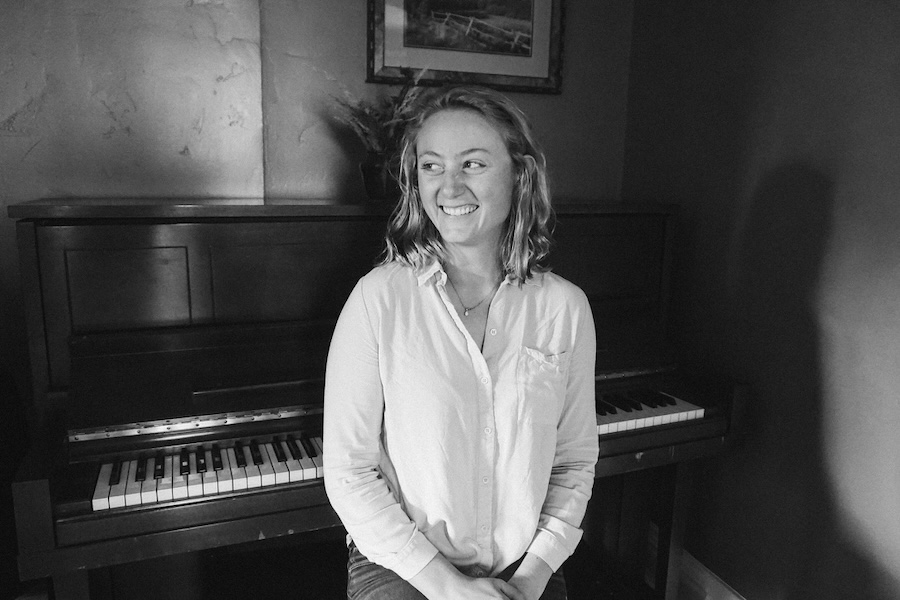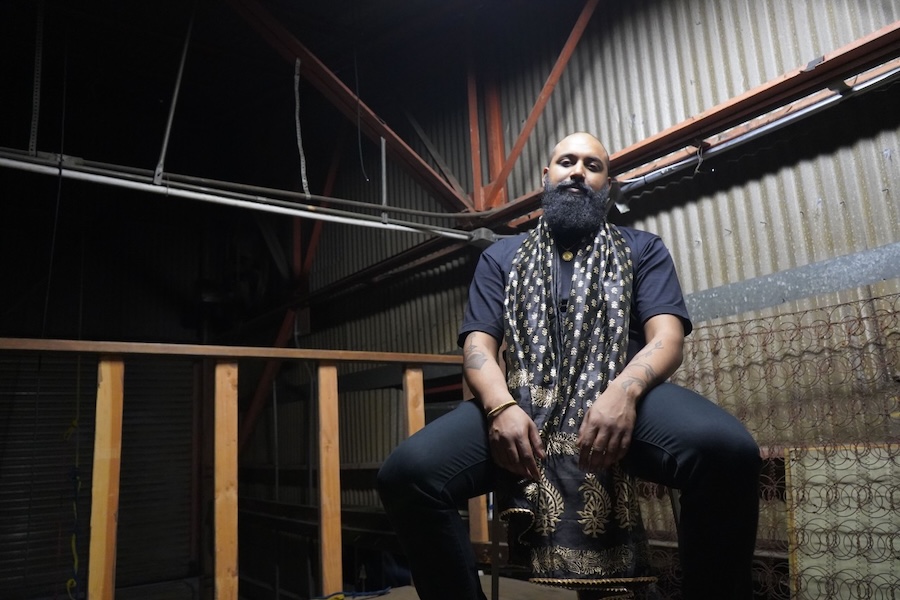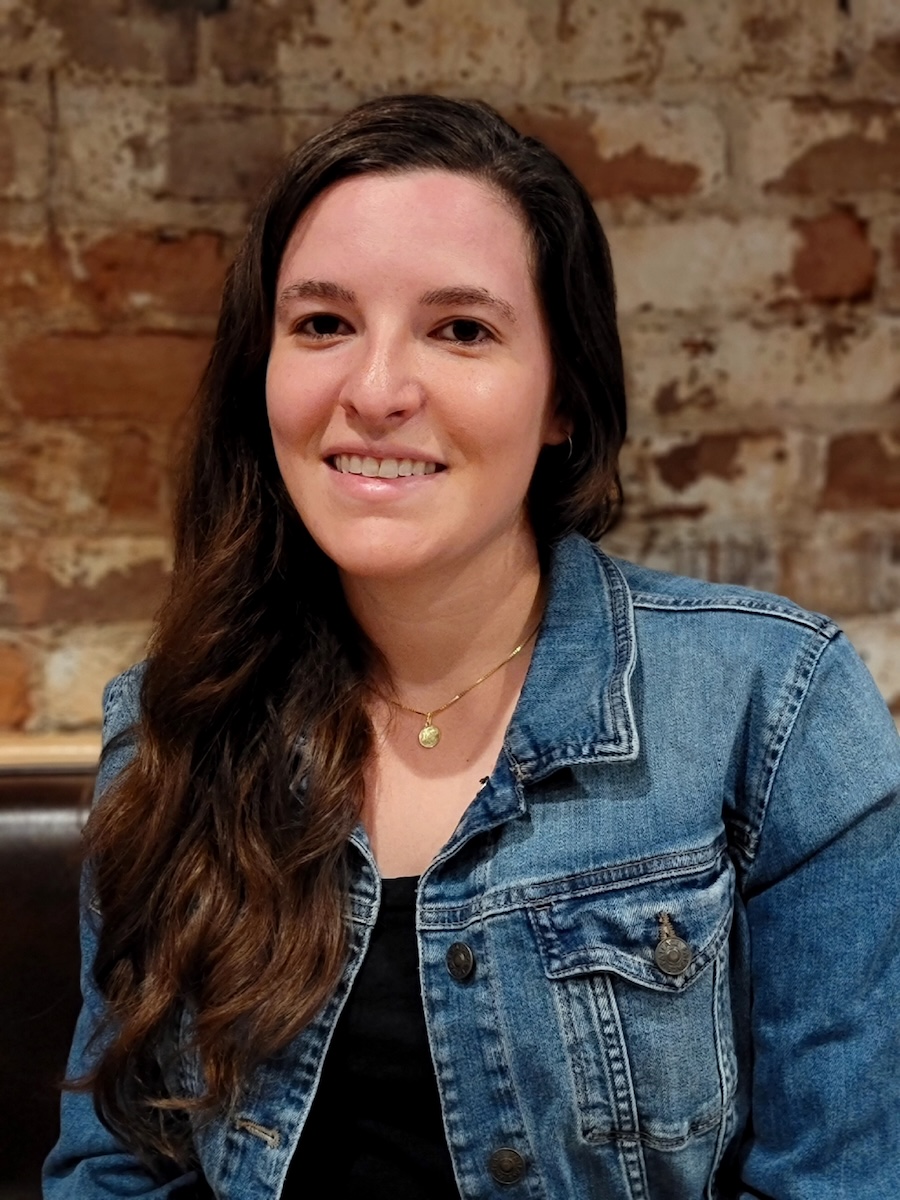What have you been up to since graduating from Bowdoin?
Since graduating, I’ve worked in both journalism and theater. For about ten years, I was in radio journalism with NPR stations and podcasts while also involved in children’s theater, teaching voice lessons, and directing shows. That’s when I began writing my own musicals. With my best friend Max, a fellow Bowdoin alum, I co-founded Empathy Theater Project, a nonprofit focused on original musical theater that sparks dialogue around divisive topics in the United States. Our first show, Man Up, explored masculinity and how boys are taught to express or suppress their emotions. In Boulder, Colorado, we’ve also held storytelling events, songwriting workshops, theater classes, and concerts. Our most recent musical, We’re Still Here, co-written with an Indigenous elder, tells the story of a conflict in Arizona where a mining operation threatens sacred Apache land. It is inspired by Romeo and Juliet and centers on two young people, one from a mining family and the other from the Indigenous community, who are trying to understand each other. We performed the show in 2023 and again in spring 2025. After that run, I took a short break following the birth of my child. This fall, I’ll begin graduate school in mental health counseling and plan to work full time in counseling while continuing to create theater and art.
Why music?
I’ve been a musician for as long as I can remember. I started piano around age three or four, grew up playing classical piano, and sang in choirs throughout my childhood. In high school, I competed regularly and always loved music, even though I originally thought I would major in biology or ecology. When I arrived at Bowdoin, I found myself drawn to the music department because it immediately felt like home. I studied piano with George Lopez and ended up majoring in music because I was already taking many courses in the department. The professors and curriculum pushed me to grow. They encouraged me to compose, explore new genres, and improvise, which was completely new to me as a classically trained musician. That experience taught me to trust the process, experiment freely, and be open to where the music might lead.
Are there any classes, professors, or experiences that had a lasting impact on you?
One of the first classes I took at Bowdoin was Write Your Own Show Tune with Professor Mary Hunter. That joyful class is where I met Max, who became my creative partner, and we’ve been directing musicals and running our theater company together ever since. I also completed several independent studies with Robbie Greenlee focused on musical theater, which directly influenced the work I do today. Additionally, I took an electronic music class with Frank Mauceri and later did an independent study in sound design with him. That experience taught me the technical skills needed to write and produce podcasts after college. It’s rare to draw such a direct line from liberal arts classes to one’s professional career, but I can.
What advice would you give to current students or recent graduates interested in your field?
Bowdoin students are smart and driven, and it is easy to get caught up in a career-focused mindset, trying to figure out how to be successful and make money right away. But you are only twenty-two once. If you don’t need to earn immediately, give yourself the freedom to explore. Dream, create art, build lasting relationships, and push your creative boundaries. If you love music, make music. Even if you don’t know how to monetize it now, that may become harder later if you close the door too soon. It is not easy to turn your art into income, but expressing yourself is worth it. Don’t shut yourself down as an artist; just try, especially when you are young.


